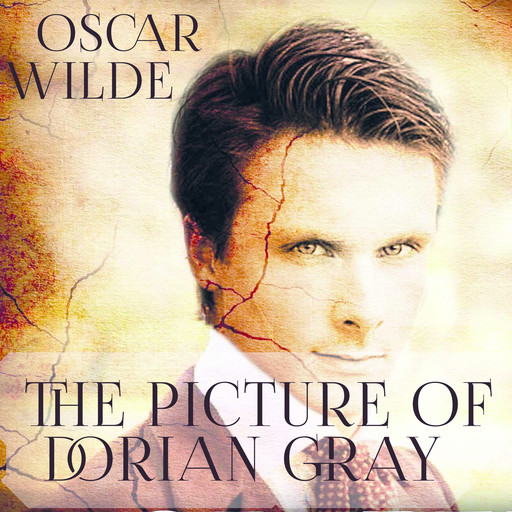Kolačići su neophodni za funkcionalnost internetske stranice i omogućavaju vam da ostanete prijavljeni. Pomoću kolačića prikupljamo i statističke podatke. Oni nam pomažu da saznamo kako koristite Bookmate kako bi mogli poboljšati internetsku stranicu i preporuke za knjige.
Za više informacija, pročitajte našu Politiku kolačića.
Za više informacija, pročitajte našu Politiku kolačića.
Prihvati sve kolačiće
Postavke kolačića
Oscar Wilde
The Picture of Dorian Gray
Slušajte u aplikaciji
Dojam
Dodaj na policu
Već sam odslušao/la
Podijeli
Facebook
Twitter
Kopiraj poveznicu
The Picture of Dorian Gray is a Gothic and philosophical novel by Oscar Wilde, first published complete in the July 1890 issue of Lippincott's Monthly Magazine. Fearing the story was indecent, the magazine's editor deleted roughly five hundred words before publication without Wilde's knowledge. Despite that censorship, The Picture of Dorian Gray offended the moral sensibilities of British book reviewers, some of whom said that Oscar Wilde merited prosecution for violating the laws guarding public morality. In response, Wilde aggressively defended his novel and art in correspondence with the British press, although he personally made excisions of some of the most controversial material when revising and lengthening the story for book publication the following year.
The Picture of Dorian Gray is the only novel written by Wilde. It exists in several versions: the 1890 magazine edition (in 13 chapters), with important material deleted before publication by the magazine's editor, J. M. Stoddart; the "uncensored" version submitted to Lippincott's Monthly Magazine for publication (also in 13 chapters), with all of Wilde's original material intact, first published in 2011 by Harvard University Press; and the 1891 book edition (in 20 chapters). As literature of the 19th century, The Picture of Dorian Gray "pivots on a gothic plot device" with strong themes interpreted from Faust. Oscar Wilde is called the "Prince of Paradox" - a game of the mind and an incredible sharpened thought he perfected in each of his plays.
The Picture of Dorian Gray is the only novel written by Wilde. It exists in several versions: the 1890 magazine edition (in 13 chapters), with important material deleted before publication by the magazine's editor, J. M. Stoddart; the "uncensored" version submitted to Lippincott's Monthly Magazine for publication (also in 13 chapters), with all of Wilde's original material intact, first published in 2011 by Harvard University Press; and the 1891 book edition (in 20 chapters). As literature of the 19th century, The Picture of Dorian Gray "pivots on a gothic plot device" with strong themes interpreted from Faust. Oscar Wilde is called the "Prince of Paradox" - a game of the mind and an incredible sharpened thought he perfected in each of his plays.
više
- Glas
- Paul Gibson
Jeste li već pročitali? Kakvo je vaše mišljenje?
👍👎
fb2epub
Povucite i ispustite datoteke
(ne više od 5 odjednom)

